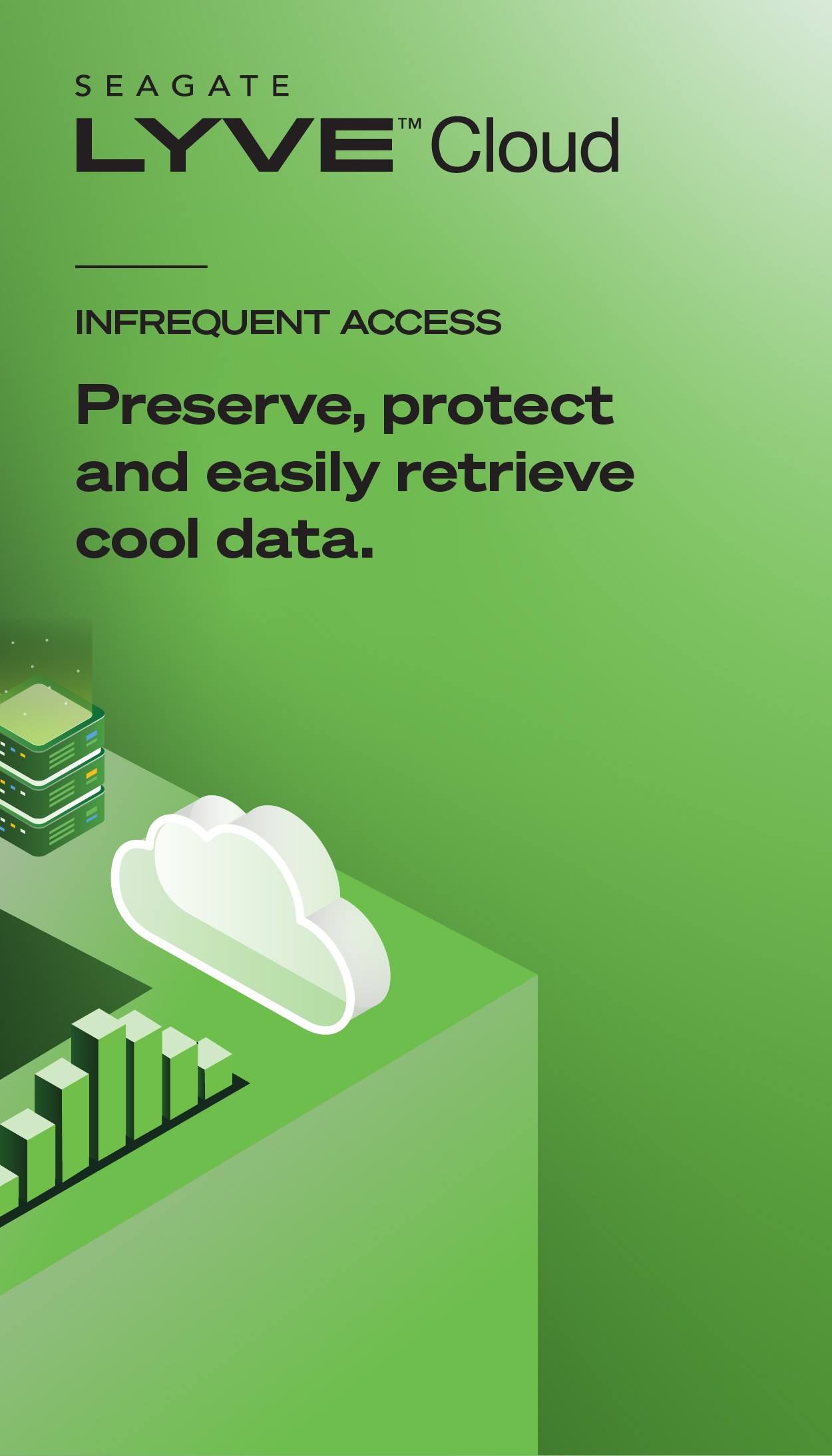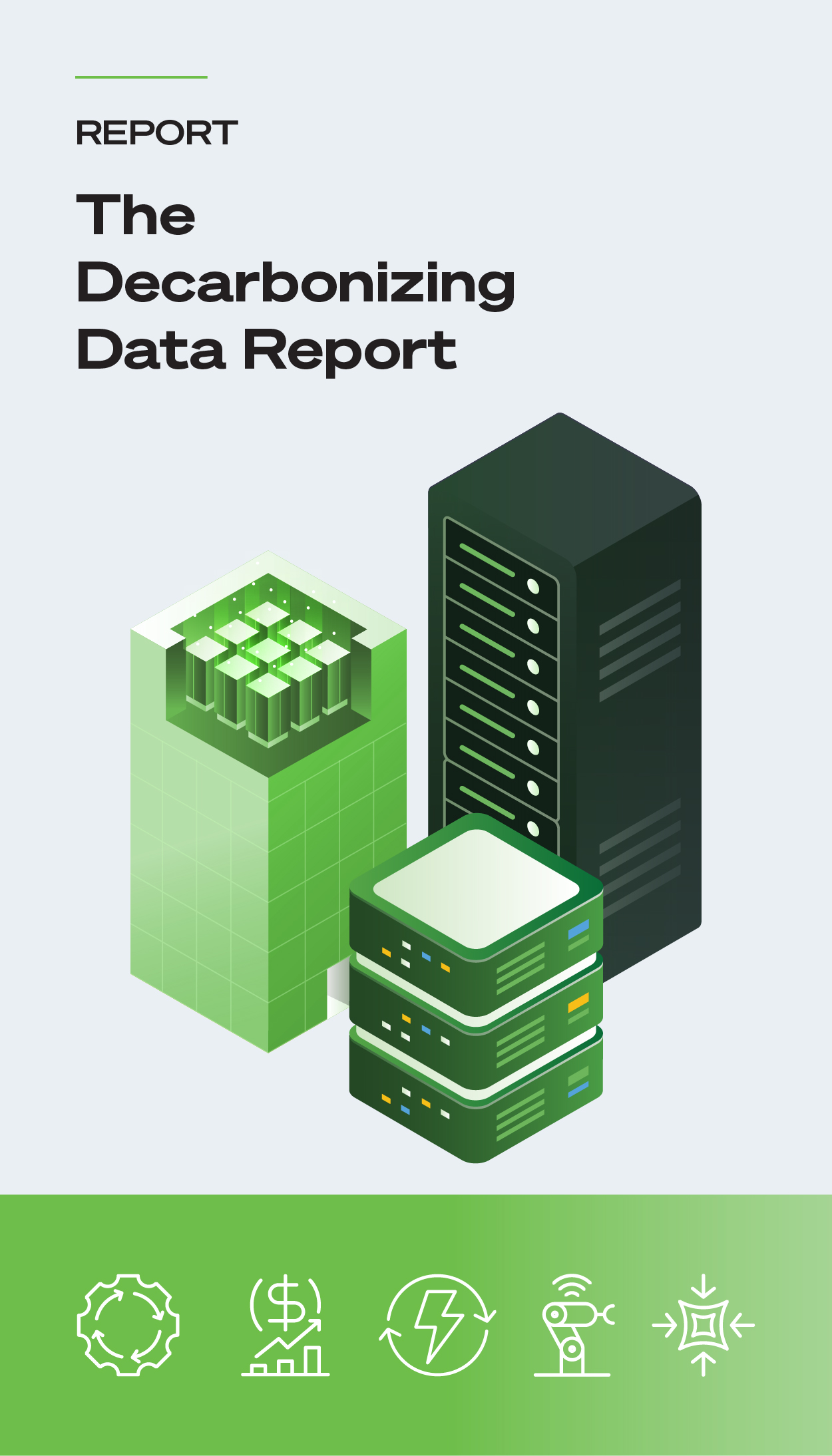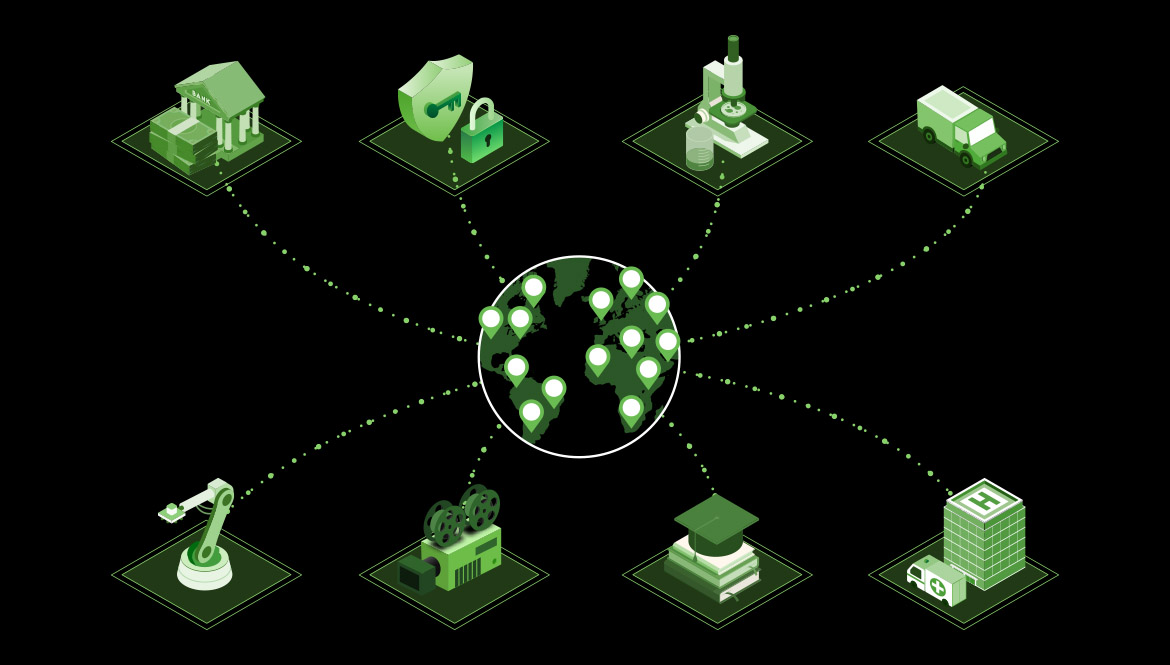Big data and business analytics are used in many industries to inform real-time business decisions. The growing importance of big data analytics has led data scientists to dedicate time and resources to studying the many applications of big data management and storage.
What is big data analytics?
Due to the pervasiveness of artificial intelligence (AI)-driven technologies, mobile devices, social media usage, and the Internet of Things, there’s a constant stream of new data being created every second. The data generated by sensors, transactions, smart devices, and web usage is known collectively as big data.
Big data analytics is the ability to capture and manage big data and then process it efficiently no matter what data type it is or where it comes from. Big data analytics deal with structured, semi-structured, and unstructured data and make it accessible, usable, and beneficial to organizations.
Traditional relational databases cannot handle big data, so new tools like NoSQL databases are used to deal with terabytes to zettabytes of incoming data.
Analytics fall into different categories which are useful to different industries:
- Prescriptive
- Diagnostic
- Cyber
- Descriptive
- Predictive
Importance of big data analytics in business
Why is big data analytics so crucial to business success? Efficient big data analytics affects the speed of decision-making, which increases operational efficiency and results in cost reduction.
Consider these four strategic outcomes addressed by big data analytics.
Data driven, strategic decisions
Making business decisions with the latest data is possible with big data analytics; they analyze a constant stream of recent information from all user sources. This enables an organization to identify relevant patterns, trends, insights, correlations, and customer preferences.
Some organizations use batch processing to accomplish big data analysis, while others rely on stream processing tools for real-time analysis. Both methods leverage big data analytics to support the decision-making process, but faster results from stream processing come with an increased price.
Reduce costs
Business decisions made with the most recent and relevant data can reduce business costs. Using big data analytics services to enhance business intelligence unlocks numerous benefits that directly or indirectly reduce costs such as:
- Day-to-day operations decisions produce less waste and generate higher profits
- Processes become faster
- Productivity increases
- Customer satisfaction improves (affecting return rates and average customer value)
Risk management
Big data analytics and business intelligence also enhance risk management efforts. Most data coming in for analysis will be from external sources. Data scientists review this external data alongside internal data to get the big picture of what’s going on in the industry.
Organizations rely on AI tools and machine learning to process and analyze vast amounts of data in real-time to detect and reduce risk. From uncovering fraud sooner in the financial services industry, to discovering problems in production and manufacturing, big data analytics has an ever-increasing role in risk management.
Product development
Throughout the development of services and products, organizations must continually assess customer needs. The more robust the assessment, the better, as customers often have quickly changing needs. Products and services need to reflect customer satisfaction as well as efficiency in how they are produced and distributed.
Things to consider
Along with the many benefits, big data analytics come with challenges related to managing the resulting databases. Be aware of the potential roadblocks as well as the solutions for each of the following.
Security
Big data analytics creates an asset—massive data trove of data that’s highly attractive to attackers. Quickly detecting fraud and intrusions is vital. Protecting resources from both accidental deletions or changes—as well as intentional sabotage—begins with good security practices and policies. It also relies on the security measures of the tools and platforms an organization uses.
Data accessibility
Data accessibility refers to giving key players access to view and use data as the need arises. Visualization tools may be very useful for meeting these requests. Consider the requirements of your organization’s team members who need to query information in various ways and convert those into reports.
Choosing the right platform
To effectively categorize data and obtain the desired search results in big data, be sure to choose the right platform for this type of analytics...one with all the tools and features you need to keep data secure and organized. Consider your specific analytic needs, who in your organization would gain access, and what security measures will protect your information.
Big data analytics: Who is it for?
We’ve looked at why big data analytics is important, but who is it for? Almost every industry can benefit from applying big data to inform business decisions and processes. From retail to healthcare to government, industries understand the value.
Here are just a few industry use cases featuring big data analytics in action:
Banking
In the banking industry, fraudulent transactions are a constant threat. Predictive analysis allows banks to see patterns and detect fraud early. They can act on these anomalies themselves or notify account holders of potential issues. Additionally, bank marketing can glean data on spending trends to tailor specific offers to customers when they are most likely to need products (loans, credit cards, and other financial programs).
Retail
Big data analytics offer many opportunities for the retail industry. From monitoring supply chains to personalizing marketing campaigns, expanding business intelligence through big data analytics saves time and money.
Data scientists also leverage big data analytics to outline options for where a business can expand by considering factors such as population, demographics, location accessibility, and more.
Healthcare
While connected sensors and instruments can measure more new data in a healthcare setting, medical history is just as important in determining the best patient care. Big data analytics help process and access the big picture health of patients. As seen in the pandemic, real-time societal trends gathered and processed by big data business analytics can also inform public health recommendations.
Manufacturing and more
Big data analytics are prevalent in the manufacturing industry, providing insights manufacturers need to know about product status at all stages of development. When monitoring production, big data analytics offer feedback needed to ensure productivity, safety, quality, and efficiency. Large data sets ensure manufacturers have a comprehensive view.
The applications are nearly endless, so we’ll conclude with just two more big data analytics examples.
- Media streaming services rely on customer preference data to help recommend entertainment options and improve satisfaction
- Government entities rely on big data analytics for policymaking, including agriculture, housing and national security
Lyve Cloud: Store and analyze without limits
Recognizing the importance of big data analytics is just the first step. Choosing what service fits your needs is crucial to adoption success. To deal with data growth and sprawl—a major concern for many businesses trying to manage big data —Seagate® Lyve™ Cloud provides everything you need for worry-free storage and analysis.
By enabling organizations to scale data up or down as needed, with predictable capacity-based pricing, best-in-class availability and durability, and to transfer data seamlessly across public and private cloud environments without extra charges for egress or API calls, Lyve Cloud enables enterprises to leverage big data analytics more efficiently.












